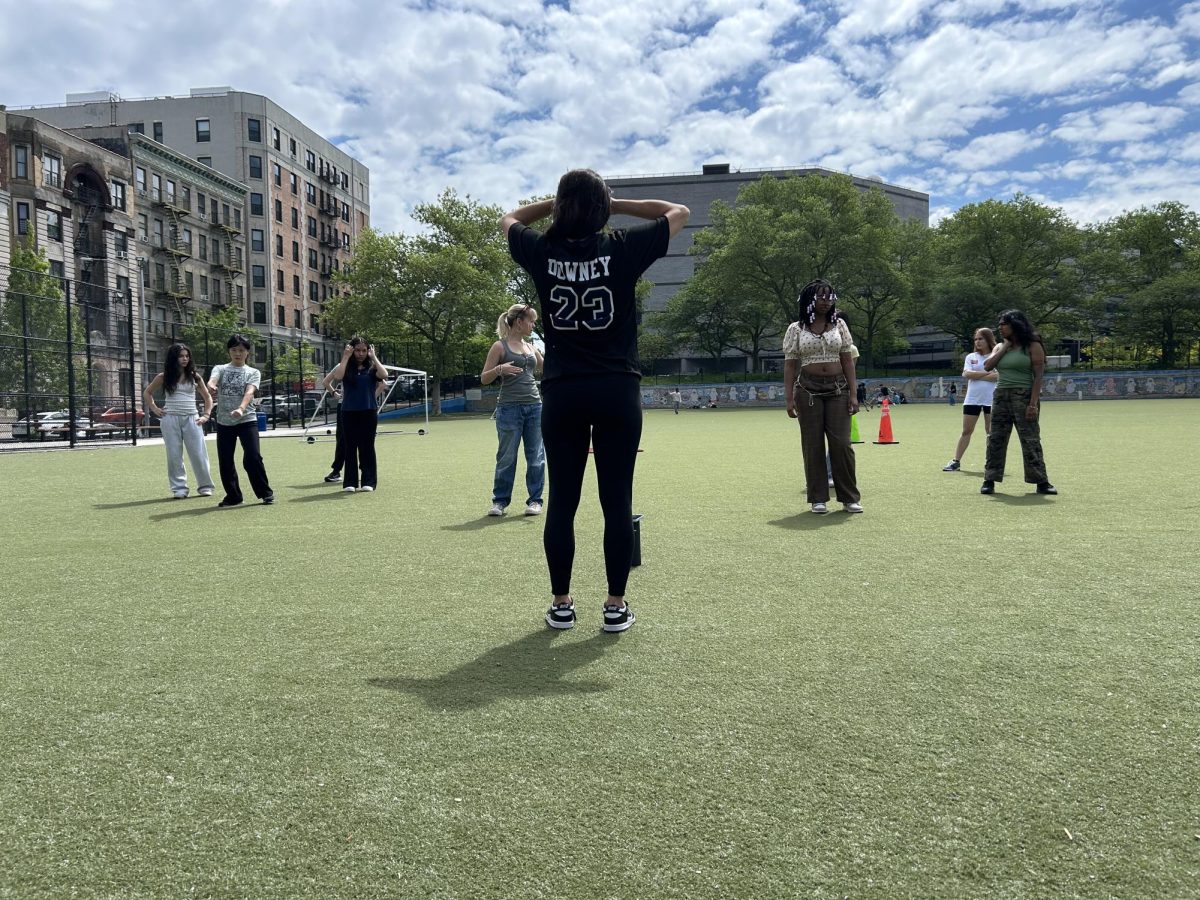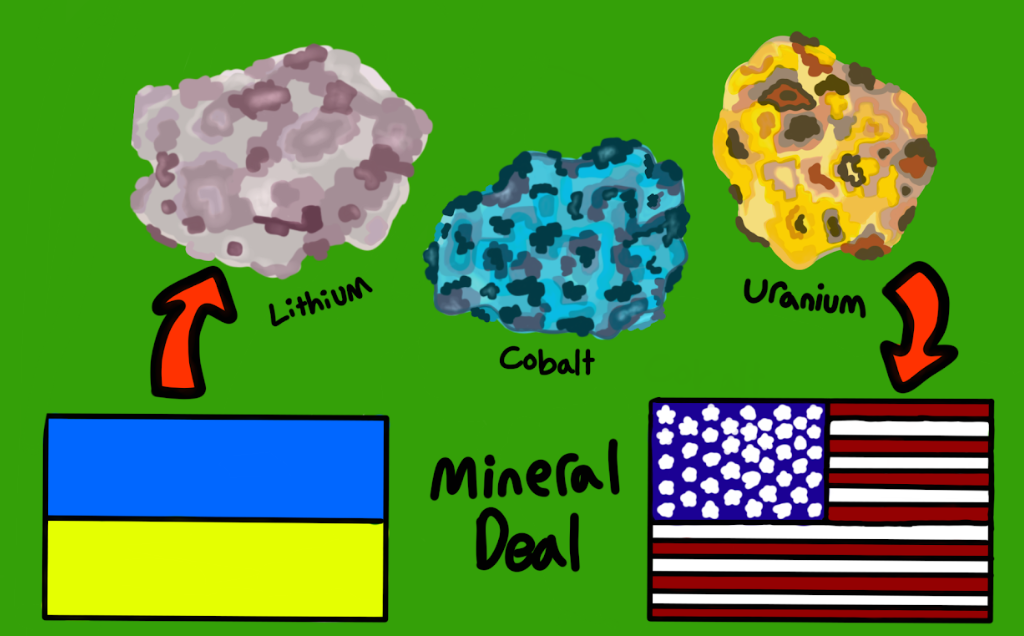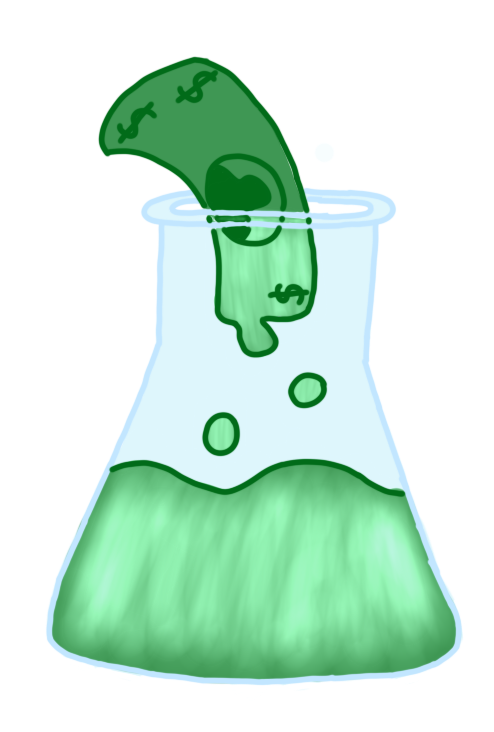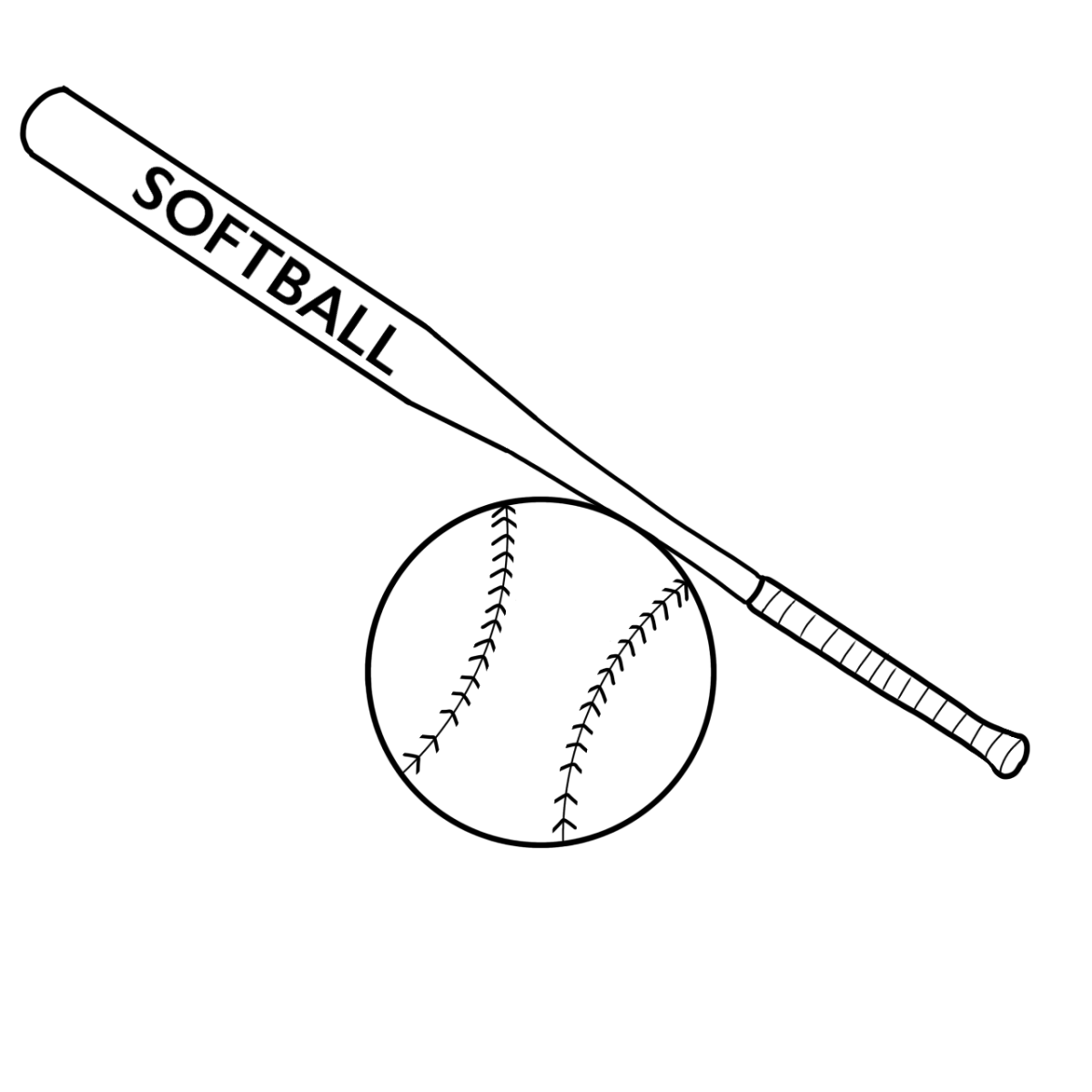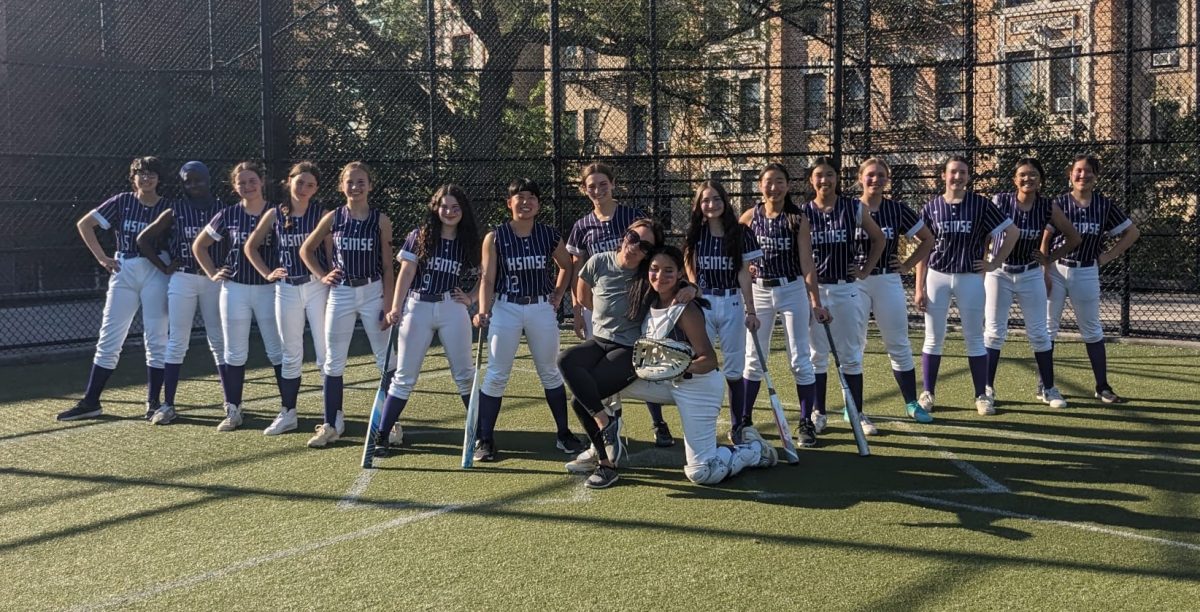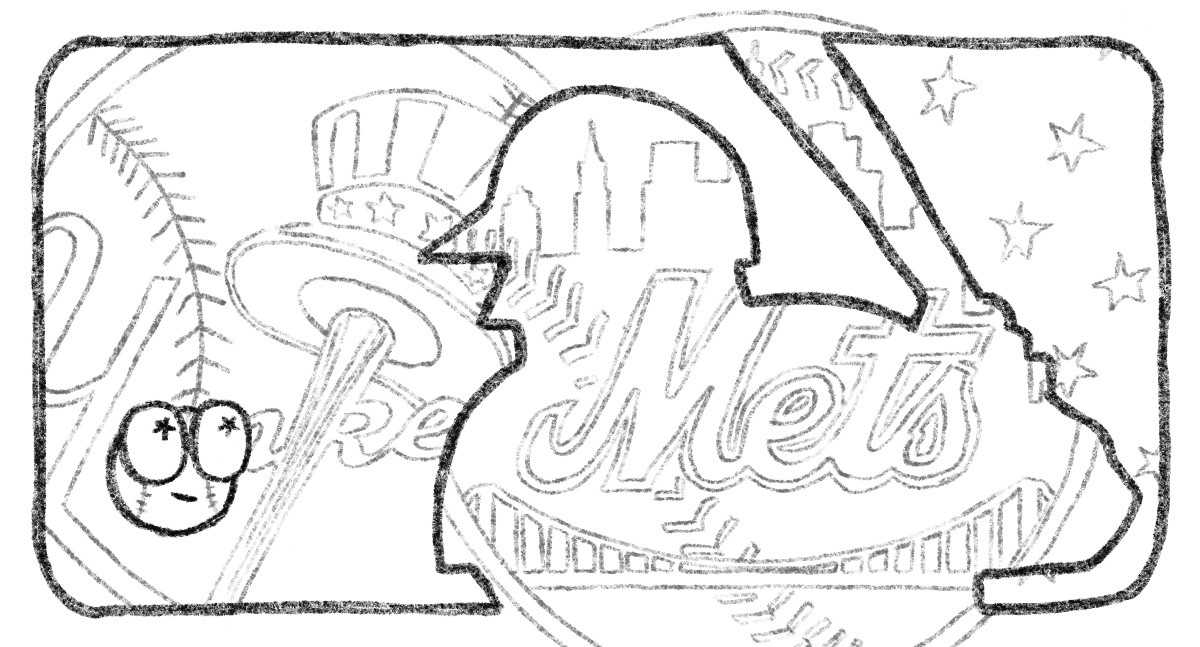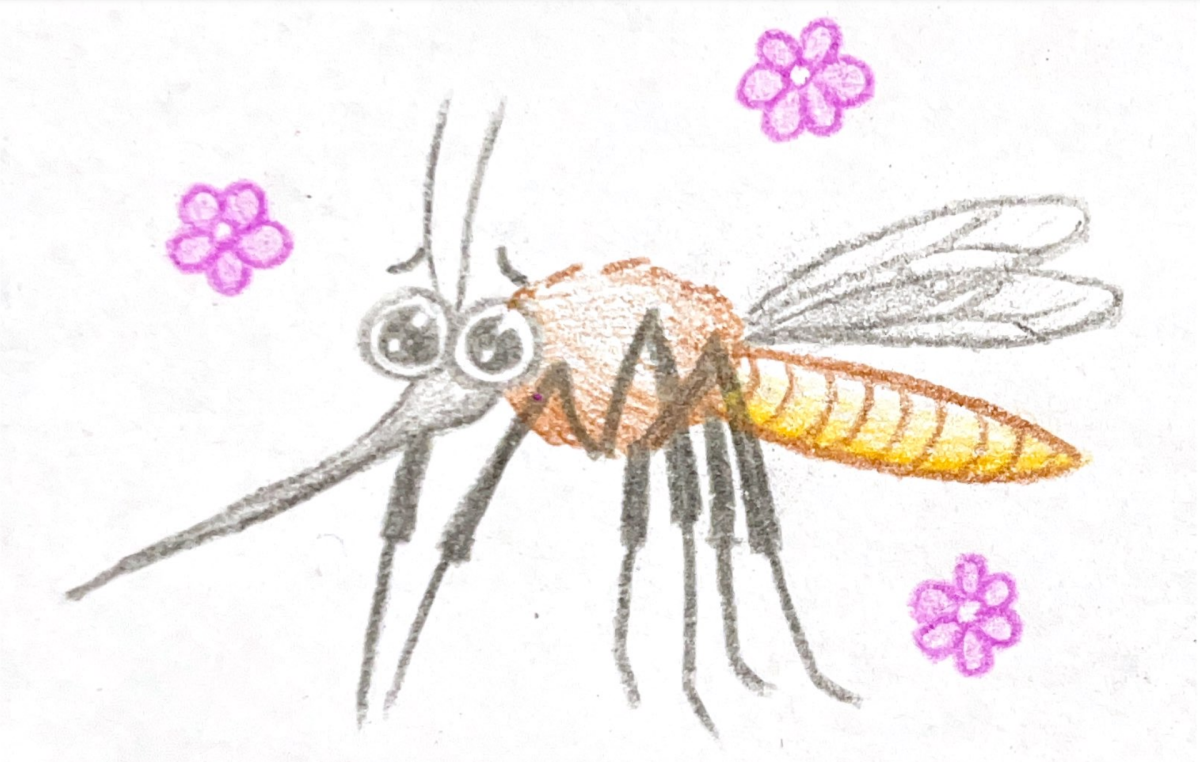Spring has sprung and guess who’s knocking on the door? Mosquitoes. They’re ready to force themselves into our homes and selfishly take our blood without permission. We can’t wait for summer! We want to go to Schiff, and play sports outside, lay in the grass, and be sweaty in the cramped hallways. But mosquitoes are the worst and they leave you with a maddening itch. It seems that all they do is pester people, especially with the buzzing noise that warns of the coming danger. Many people, including me, consider mosquitoes to be the most annoying creatures. You never even see them on food chains and they don’t seem to do anything. So, why are they here then?
Mosquitoes have been around for millions of years and there are thousands of different species. Some examples include: yellow fever mosquitoes, marsh mosquitoes, the common house mosquito (our favorite) and more. Male mosquitoes usually live for a week while females live for about six weeks. Although they live short lives, it isn’t short enough for people who suffer at their hands. These insects live and breed in wet and humid places, typically lakes, and places where rainwater and floodwater collect. Male mosquitoes survive solely on nectar from plants, thus declaring them innocent of bites. But, female mosquitoes feed on nectar and blood to lay eggs, which makes them the culprits for all that trouble. You may have heard of the Zika virus, West Nile virus, Dengue virus, or Malaria. These are just some of the diseases that humans contract from infected mosquitoes and their effects can range from mild sickness to death. Humans have lived for thousands of years, but still haven’t evolved an immunity to mosquito bites. So, people create ways to repel them, kill them, and find solutions for their bites.
The mosquito industry! Yes, there’s an anti-mosquito industry worth billions of dollars that focuses on mosquito repellents and killers through creams, soaps, sprays, and more. It was valued at about 7 billion USD in 2021 and is expected to reach 9 billion USD by 2026. In areas with large mosquito populations, tactics like aerial spraying are used to quickly and effectively kill the larvae and/or adult mosquitoes on large scales. Most people typically own some form of chemical or natural mosquito repellent. In the summer, using repellent becomes routine when one is hiking, going to a park, or when it’s a humid day.
Female mosquitoes bite people for the protein in blood, which allows them to produce eggs, and are generally harmless to one’s body. That is, until your body reacts negatively when a mosquito’s saliva is in your skin and triggers the immune system. The site of the bite swells up, gets itchy and red, and in more serious cases, forms rashes that can lead to an infection. Add Skeeter Syndrome – an allergic reaction some people get caused by mosquito saliva – to this list of afflictions and there’s no reason to tolerate these pests. But, if all we relate mosquitoes to are their bites, it is easy to forget and underestimate other roles they play.
I know what you’re thinking. I mean, when I go outside and come back with six mosquito bites I could care less about the science behind it. Mosquitoes are an integral and overlooked part of the food chain. Like birds, butterflies, and bees, mosquitoes are pollinators. As they feed on nectar, they participate in pollination, the act of an external factor moving pollen from a flower’s male reproductive parts to another (or the same) flower’s female reproductive parts. When the sperm from pollen meets the egg cells, fertilization occurs, and seeds are produced. The fruits, which house the seeds, feed small animals, who feed bigger animals and thus a food chain is set in motion. Some plants, like a few orchid species, are totally or mostly dependent on mosquitoes for pollination. Mosquitos support the ecosystems that they are in and help them flourish. Apart from their pollinating importance, many animals, such as frogs, birds, bats, and fish depend on mosquitoes and their larvae as a vital food source.
See, mosquitoes aren’t so bad after all. Although we must protect ourselves from their bites and possible diseases, they too have a purpose. The male mosquitoes spend much of their lives pollinating plants while the females pollinate and make more offspring that’ll also pollinate. That fruit you ate a couple days ago might’ve been a mosquito’s doing. As the weather gets warmer, flowers will start blooming and need the mosquitoes to help them make seeds. Don’t worry, they’ll be gone when it gets cold again anyways.


















